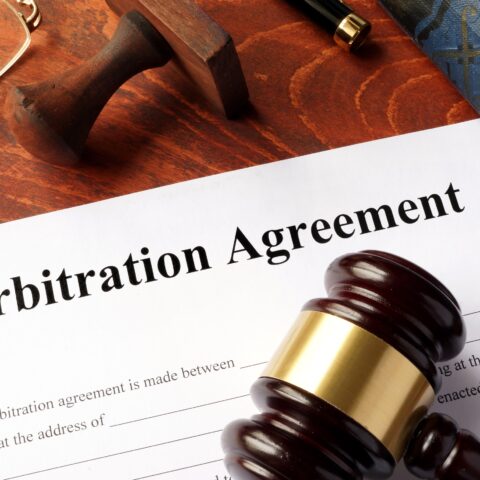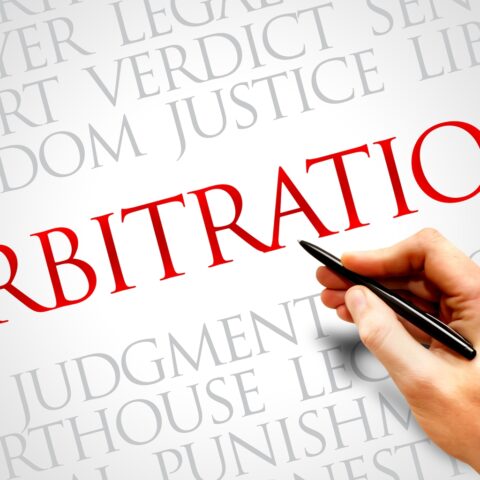
How To Challenge Arbitration Agreements In Business Collections
When collecting unpaid receivables, you want the right to sue rather than arbitrate. But even if you’ve signed a contract with an arbitration provision, you may still be able to challenge it. This article will discuss arbitration agreements in business collections and when they’re unenforceable.








